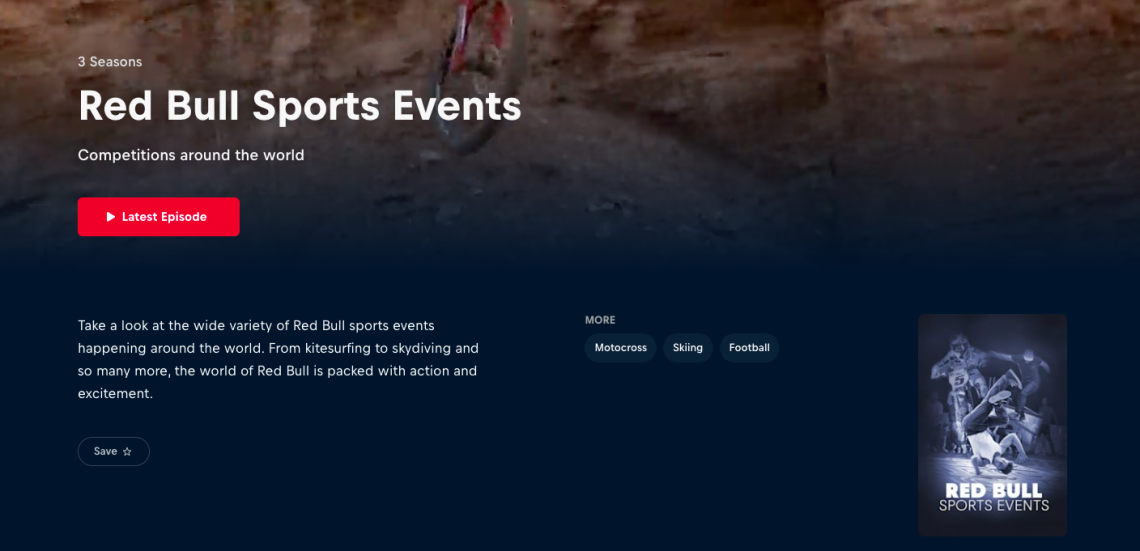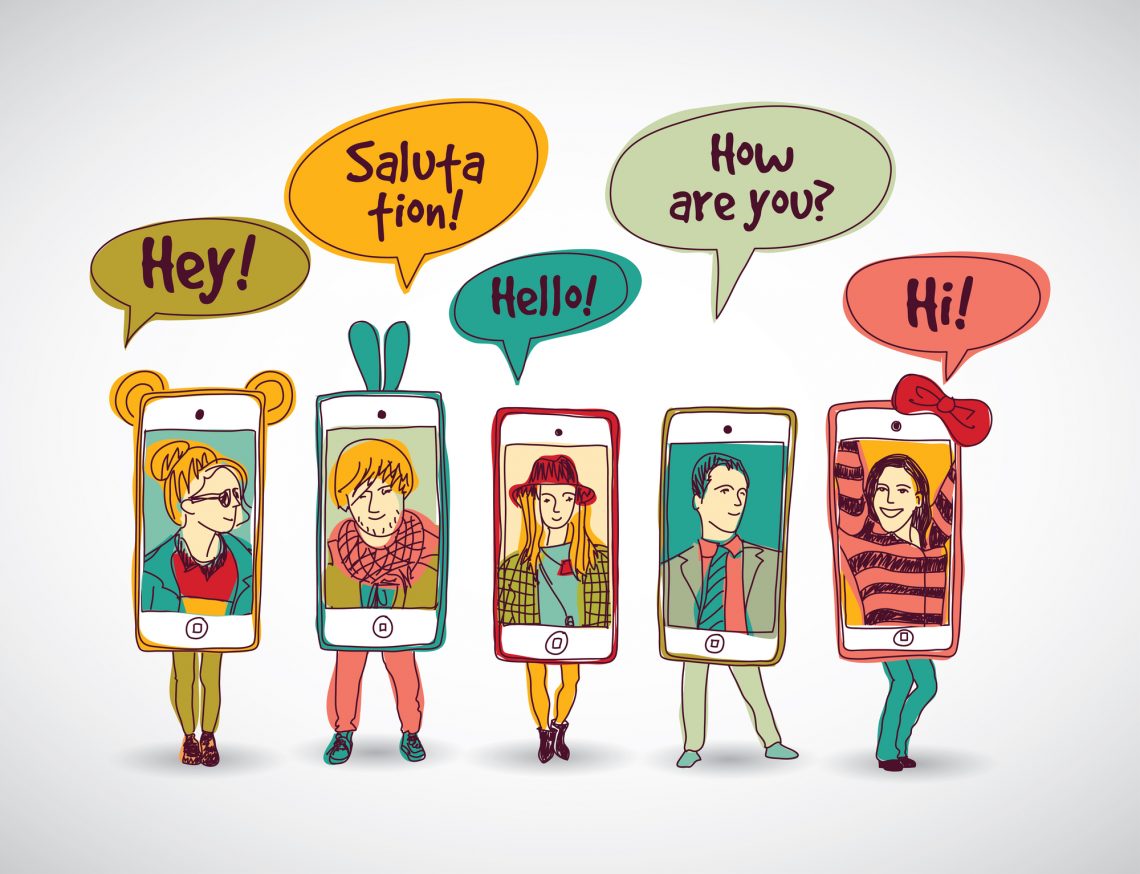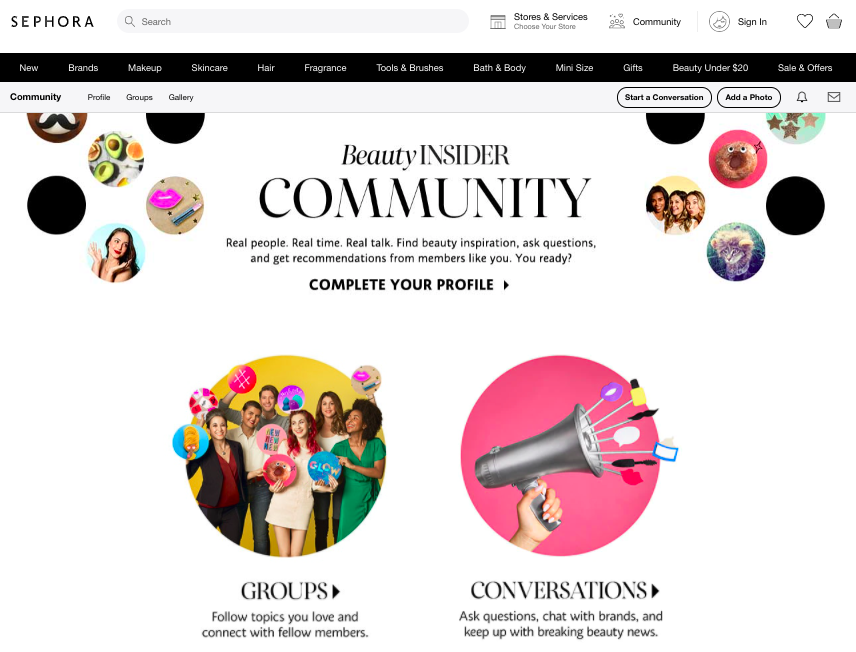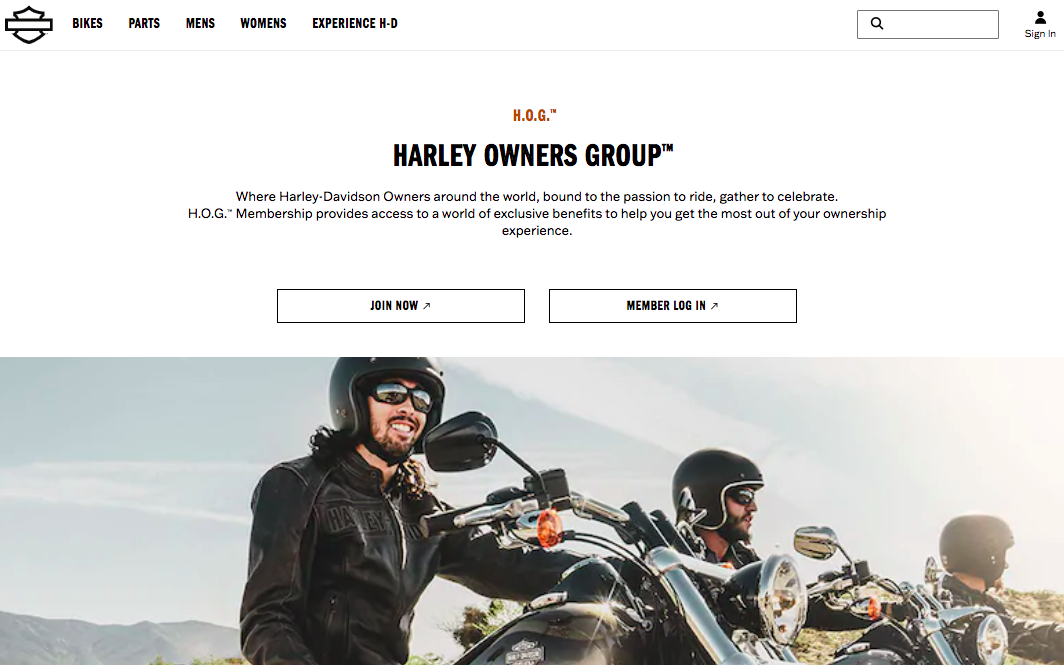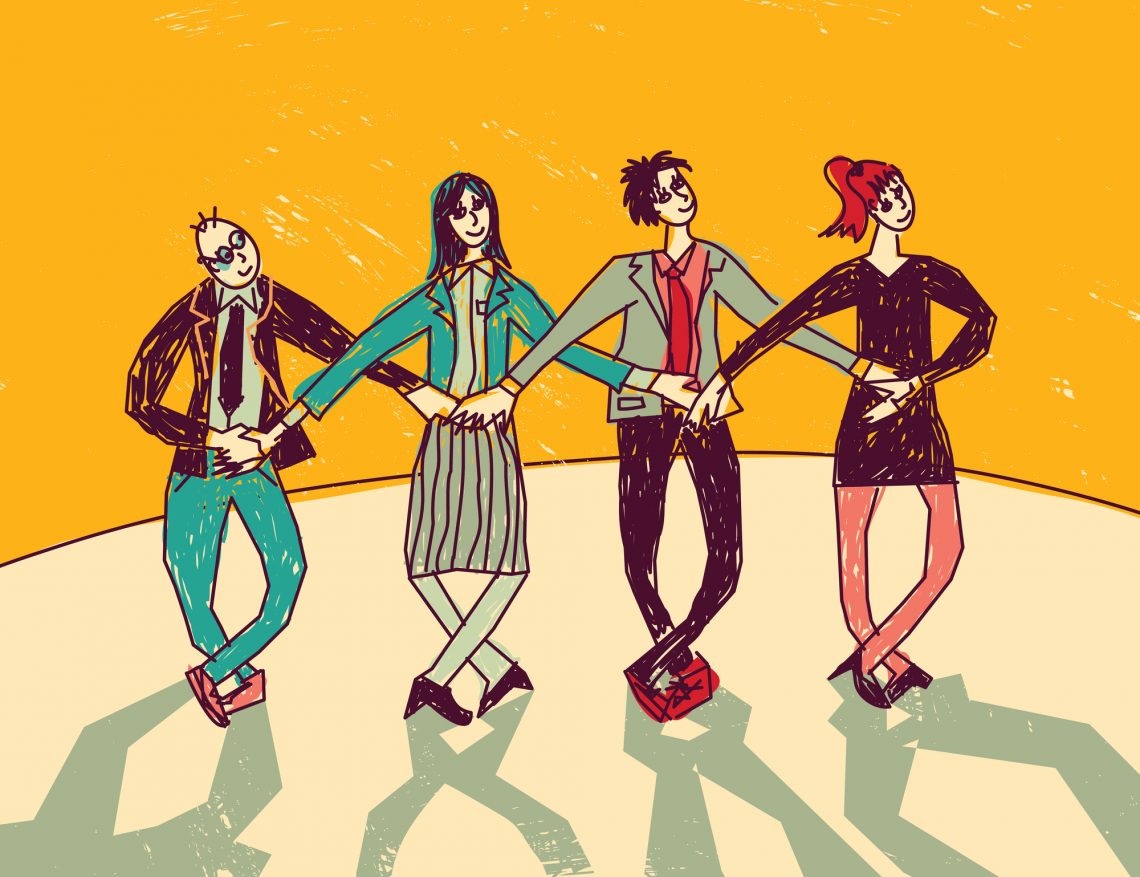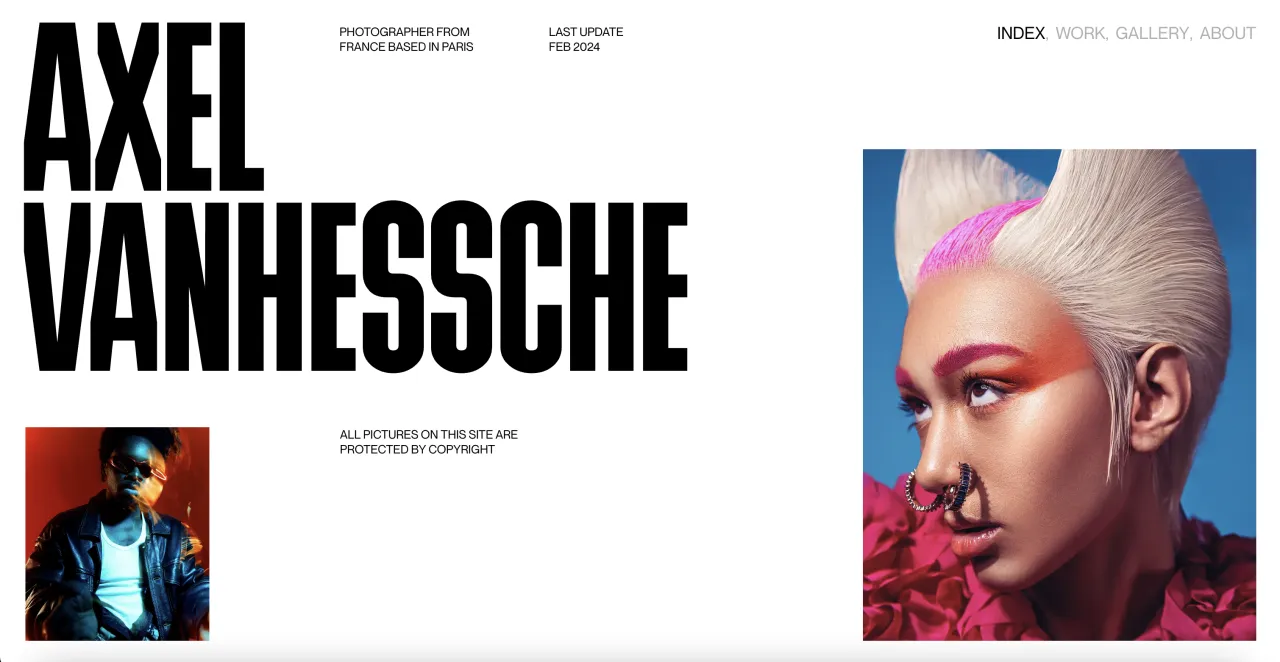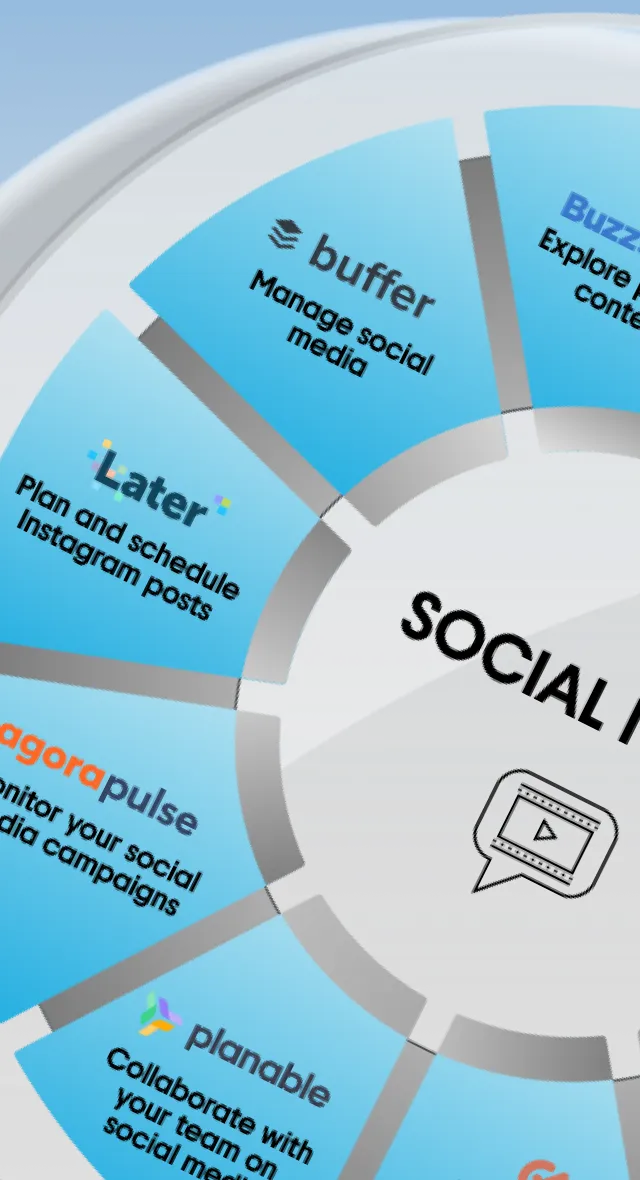How to Build a Community Around Your Brand
In recent years, brand communities have become a marketing staple. The term describes company activities that unite people around specific values. They are typically associated with goods or services that a brand provides. And although their direct impact on corporate incomes is hard to track, brand communities help companies gain client loyalty in the long run.
If building a brand community is not part of your marketing strategy for 2022, this article will show you how to turn that around.
What is a brand community?
During the global pandemic, brands that invested in their community hit the jackpot. This is because people who switched to remote were interested in different forms of communication. In turn, brands provided them with platforms and tools to fight their feelings of social isolation.
The most common examples of brand community-building are brand social media accounts, online magazines (like Bird in Flight by Depositphotos), or branded blogs (like the Depositphotos blog for creatives and marketers).
By maintaining thematic media, companies demonstrate how much they value their target audience. They provide professional tips and news, and spread positivity and inspiration. This is a better approach than aggressively promoting products.
Note that online magazines or projects themselves are not brand communities. An essential feature of media-based communities is their interactivity. Viewers need to comment on material, have discussions, participate in webinars, and even share their content. If your viewers can reach each other and exchange their thoughts on your platform, then you’ve managed to build a community.
Other methods include educational or cultural events for clients, and charitable or social initiatives. Check out Red Bull’s extreme sports events and online shows, or Patagonia Action Works, a program to resolve global environmental issues for volunteers.
The main difference between brand communities and traditional marketing activities is their non-advertising nature and brand positioning.
When it comes to brand communities, we are talking about brands that position themselves as an equal part of a community. This means they are ready to participate in dialogue, listen to opinions, show empathy, cheer others up, and show their support.
Being humane and authentic leads to an enjoyable emotional connection with an audience, and it gains their trust. Here’s a list of brand community benefits:
- Higher and longer-lasting customer loyalty
- Organic brand awareness growth
- Higher engagement and participation that leads to better conversions
- A constant source of insights and ideas for improvement
- Possibility of real impact on the market and society
- Additional income due to monetization of community activities
Why brands build communities in 2021—2022
A sense of community helps people not feel lonely and isolated. A series of lockdowns in 2020—2021 have exacerbated these feelings by depriving people of social interaction.
In 2020, brands decided to satisfy the need for a sense of community and used it to strengthen brand image in their eyes. Examples of community-oriented activities: Wok from Home virtual cooking lessons by Wagamama on social media, and an offline campaign by German football club Borussia Mönchengladbach. In this campaign, football fans were asked to send in pictures of themselves. These photos were then printed onto life-size cardboard cutouts and set up in the stands during matches.
In 2021, the world progressed in terms of COVID-19, and many countries and regions experienced less lockdowns and quarantine restrictions. People got the opportunity to meet their friends in cafes, attend sports events, and have fun at festivals.
The question becomes: Are brand communities still able to benefit businesses in 2021 and later years? At Depositphotos, we say YES.
Why you should start building a brand community in late 2021 and early 2022:
— You avoid common mistakes and use resources efficiently
Brand communities emerged long before the global pandemic, and they often developed organically. However, many brands have adopted this approach in 2020 and made community-building part of their strategy. You can use their experience to use resources efficiently and reach the best results.
— Audiences are accustomed to brand communities and accept it
In previous years, branded messages have almost always been perceived as advertising. In 2020, the situation changed. People know that brands can be social, and they can also help others without asking to buy anything in return.
— Direct advertising is declining; use alternatives
Traditional mass advertising gets less efficient with every year. Charitable projects, collaborations with opinion leaders, and educational projects are formats that will help you promote your brand in the long run.
— Brand communities provide unconditional support
We live in turbulent times when it’s difficult to predict profit, and businesses are constantly threatened by geopolitical, environmental, and health issues. Along with flexibility in decision-making, they need to have a solid backbone. This is where a loyal community that supports them comes in.
How to build a community and benefit your brand
Your brand community might already exist. For example, it might consist of your social media followers or employees participating in sporting events.
These people are the unconscious ambassadors of your brand: they increase brand awareness and strengthen your positive image. But are you using this to an advantage, and are you able to enhance it? The steps we describe below will help you turn your current or future brand community into a controllable promotion tool.
Step 1. Define your goal
Communities help raise brand awareness, and they are a source of feedback from your target audience. At the same time, each community has a big idea that makes it grow and develop. This idea should resonate with your brand’s values and social mission.
For example, one of the most powerful brand communities is the Playstation Community maintained by Sony. The company provides gamers with tools to meet, share their gaming videos, compete, and learn from each other. The big idea behind it is to provide clients with a better gaming experience.
Step 2. Decide on your format and platform
Community is about communication. Almost all brands use social media to connect people. This approach is technically simple and requires the least amount of resources.
Companies also host communities on their custom websites. These can be online magazines, blogs, and educational platforms. The third format is offline events. They provide excellent results because face-to-face communication is always effective.
A combination of platforms and formats will give you the best results. For example, the Beauty Insider Community by Sephora is based on expert groups, massive online communication, offline events, and social media projects that showcase images and videos taken by community members.
Step 3. Plan your activities
Community launch, maintenance, and development are all tasks that require tremendous resources. Unfortunately, the return on these investments usually comes in after a considerable amount of time (from several months up to a few years).
To not spend all your financial resources at once, plan your budget and think over a community development plan. For example, launching a community on Instagram might have a basic budget structure like this:
- Copywriting
- Visual design
- Uploading content online
- Audience communication
- Paid advertising
- Partner materials on third-party resources in support of the community
Remember that even essential community maintenance means you need to generate content and discussions on it. Determine what type of content you can generate, and how often you can get it out.
Social media content generation isn’t always the only solution! For example, another world-famous brand community is the Harley Owners Group (Harley Davidson). It is about exclusive service and well-organized group travel or meetings.
Step 4. Start with loyal clients and teammates
People are more willing to join communities that already have a lot of members. For this reason, starting a community from scratch is the most challenging step. And when a critical number of members gathers, the community begins to work and expand itself organically.
We encourage you to first announce your community launch to those who already support your brand passionately (clients and employees). Also, run ads and negotiate with influencers to spread the word about your community.
To motivate people who aren’t as familiar with your brand, develop a reward system. For example, the Duolingo app maintains an Incubator, where people can be the first to test new courses. They receive recognition and in-app rewards.
Wrapping up
Brands gain a lot by converting their target audience into a community.
First of all, they boost awareness and organically acquire new customers. Secondly, they can quickly find out what people think about new products. A brand community also reinforces a positive brand image and strengthens the emotional connection with their audience
Before launching your brand community, we recommend studying other brand experiences. The GoPro hashtag-based community, My Starbucks Idea, and the Nike membership program can serve as a shining example and a source of inspiration.
Planning, flexibility, and the constant study of analytics are essential ingredients in building a brand community. Explore more tips here — How to Go Viral: The Power of Crowd Marketing for Brands and How to Make a Lead with the Right Images: Sales Funnel Basics.


